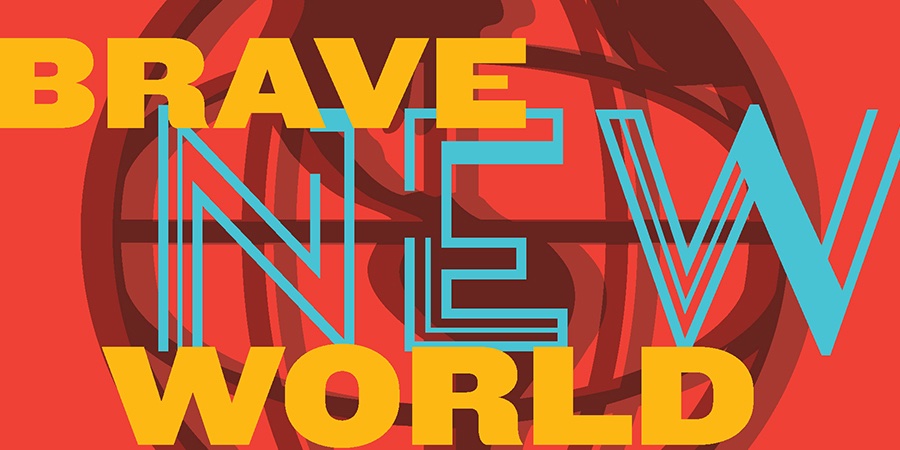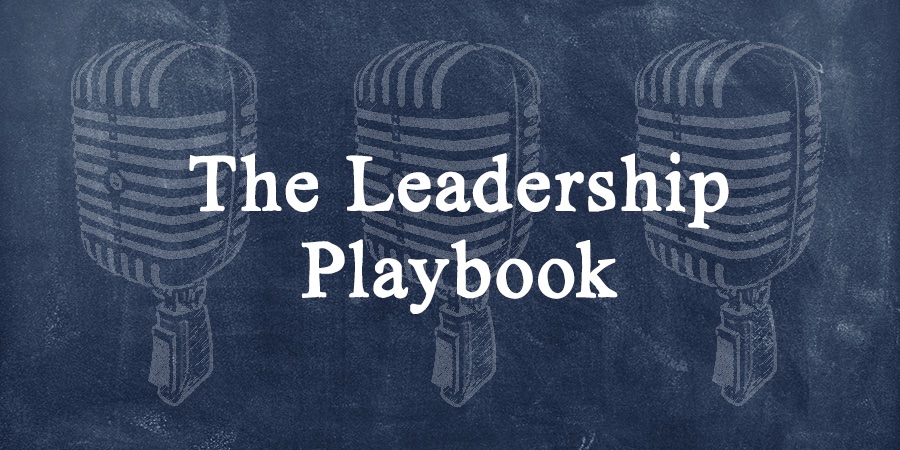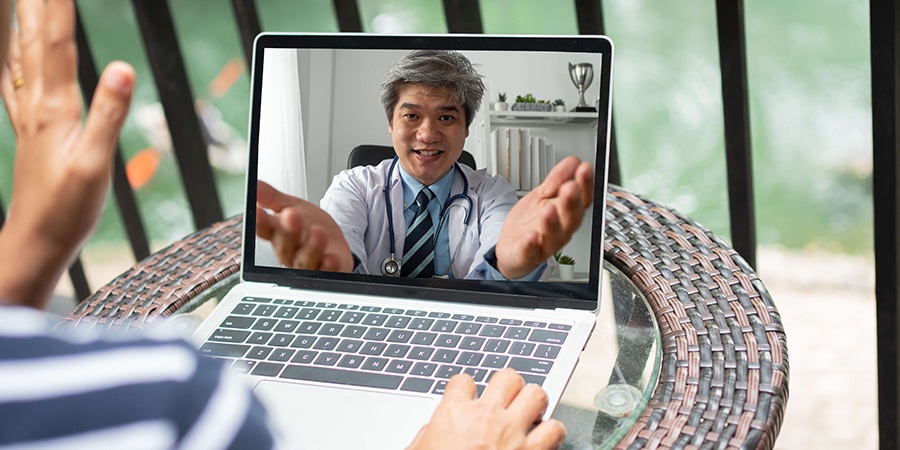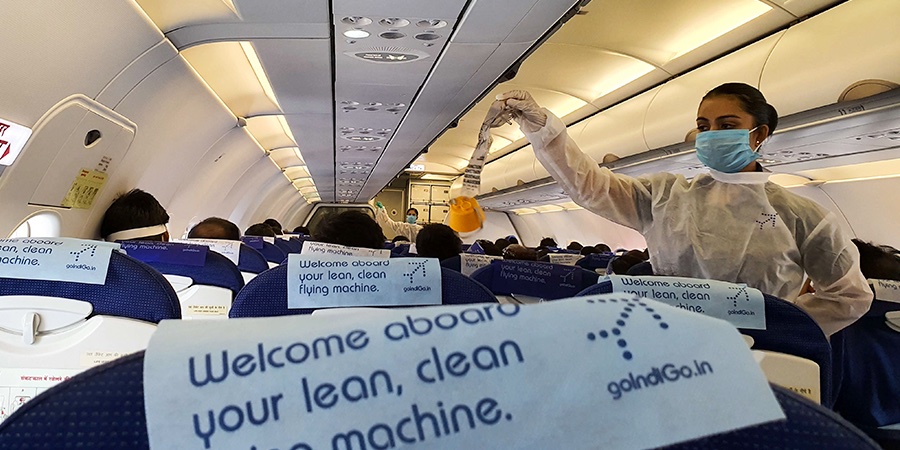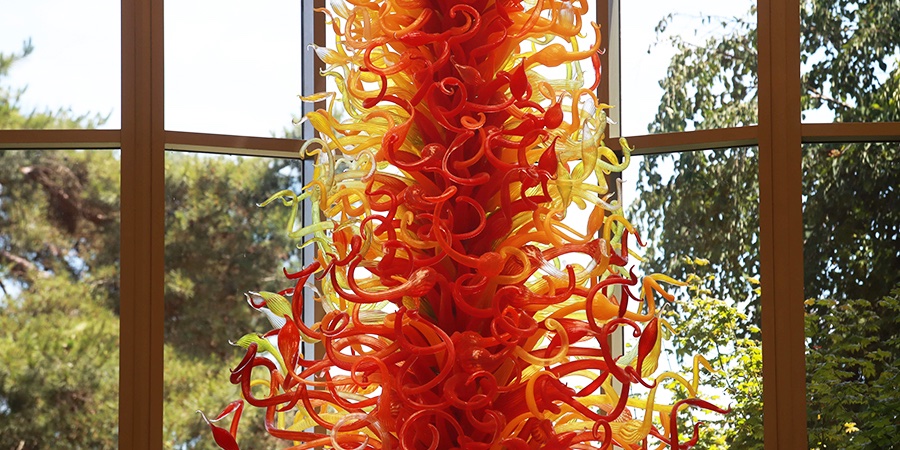
Columbia Sportswear
Columbia: Tapping into a New Market of Outdoor Enthusiasts
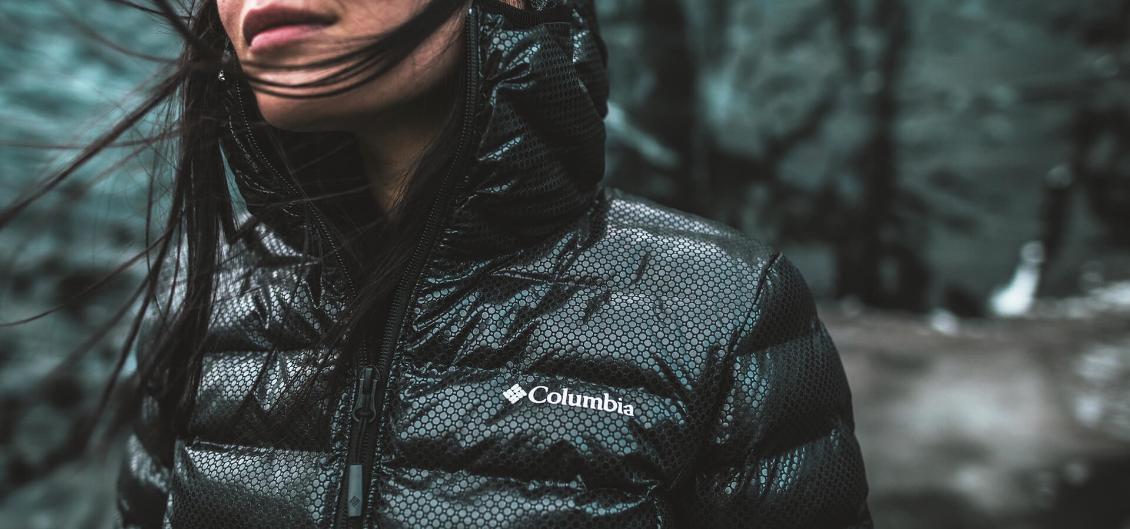
Melissa Dugan, Accounting, '90
Chief Accounting Officer, Columbia
 How was your industry impacted and how will it transform?
How was your industry impacted and how will it transform?
The retail industry has been significantly disrupted by the pandemic. As a company, Columbia Sportswear began assessing the impacts of the outbreak of COVID-19 in China in early 2020 and by mid-March, we were dealing with supply chain disruption, closure of operations including retail stores, and economic uncertainty around the globe.
We entered this crisis with the advantage of a ‘fortress’ balance sheet built through years of financial discipline, providing us with financial strength to weather the economic downturn and continue to make strategic investments to build a platform for growth post-pandemic.
In addition, the outdoor sector of the retail industry has performed better than other sectors during the pandemic as more people engage in outdoor activities, which has somewhat softened but not negated the impact of the economic downturn.
Like others in our industry, Columbia’s brick and mortar retail stores have been negatively impacted due to temporary store closures as well as lower traffic due to ongoing concerns around exposure risk in public places. Over the last several months we have unfortunately seen retail companies enter bankruptcy or begin to permanently close stores due to the financial strain caused by the economic downturn.
At the same time, we have seen strong e-commerce growth in both our own and our customers' online stores as more consumers started to use online shopping as their primary means of purchasing goods and this trend continued even after brick and mortar stores reopened earlier this summer. Direct-to-Consumer has been an area of strategic investment for Columbia Sportswear and this has enabled us to meet this surge in online demand.
We have seen strong e-commerce growth in both our own and our customers' online stores.
Melissa Dugan ColumbiaThe retail industry has been transforming out of necessity as consumers moved from traditional brick and mortar shopping to online. This accelerated shift of consumers to the digital marketplace will require companies to continue to adapt how they engage with consumers through meaningful experiences across multiple digital platforms.
Beyond the impacts of the pandemic, the social unrest of recent months has created a need to look inside our cultures, beliefs, and norms to address inequality and discrimination. Columbia has a culture of diversity and inclusion, but we know we can always be better. We recently created executive sponsored and employee led resource groups to further foster diversity and inclusion in the workplace as well as forums to share information and engage in discussion.
What practices were shelved to make way for new ones?
The traditional view of what it means to ‘come to work’ every day. In the U.S. we still require most of our office-based employees to work from home and many of our employees’ children are in remote learning environments. This has required us to re-imagine our workplace to support our employees in this new work environment with flexible work hours, resources for home offices and in-home learning, and additional paid time off when the employee is unable to work due to COVID-related reasons. 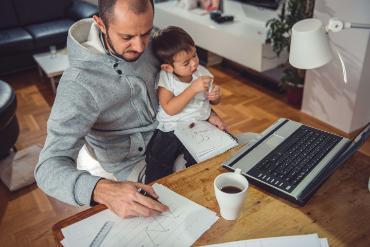
For employees who cannot work from home, significant changes were made to existing practices to protect the health and welfare of our employees, their families, communities, and our customers.
As retail stores re-opened, training was provided for all store employees on safety protocols, signage was placed in stores outlining safety guidelines, and store capacity was lowered to accommodate social distancing. In our call centers, distribution centers, and corporate offices, we have implemented protocols to ensure appropriate social distancing and sanitation measures.
As we emerge from the pandemic, many of the safety measures put in place will no longer be necessary; however, I do believe that the utilization of a remote workforce will last as remote work options have proven to be effective and beneficial to employees and employers.
What did you think would never go away that did go away?
Paper. In-person meetings. Informal meetings around the water cooler. The need to have tangible 'stuff' to get work done. The acceleration of the shift to digital has not only impacted the marketplace and how we engage with consumers, but also how we work and what we need to get work done.
With the abrupt shift to a predominantly remote work force, we quickly had to find ways to shift from reliance on physical proximity and hard copy work product. In January, I would have said that making this type of shift was a high-risk proposition and would require months of planning; however, we made the shift to a virtual, remote work environment relatively seamlessly in a matter of weeks.
There were certainly bumps and challenges along the way, but our teams’ ability to adapt to working, collaborating, and creating in a virtual environment has been inspiring. I think rising to the challenge of adapting to a remote and socially distanced work environment while continuing to deliver exceptional product and service to our customers and consumers is a testament to the quality and resiliency of the Columbia team. They are truly #testedtough.
In periods of turmoil, we see opportunities to learn and change, to emerge better than we were before.
Melissa Dugan ColumbiaDo you see opportunities in this brave new world?
I am excited to see the theme for this issue of the Albers Brief: Brave New World. If you asked most people what their experience of 2020 has been so far, I think you would hear words like fear, anxiety, crisis, unrest, injustice, sorrow, loss, loneliness, and a sense of hopelessness.
Those words are fair representations of how the events of 2020 have impacted people around the world; however, in periods of turmoil, we also see opportunities to learn and change to emerge better than we were before -- if we are brave enough to do so.
As a company, I believe that there is opportunity for Columbia to continue to drive engagement with long-term consumers but also develop relationships with newer consumers that turned to outdoor activities during the pandemic. Engaging with a broader, more diverse set of consumers will help us find new and better ways to keep them warm, dry, and cool so they can enjoy their outdoor experience longer and in greater comfort.
As individuals, I believe challenges provide us the opportunity to better understand ourselves and drive personal growth. As I have navigated through the events of 2020 -- the pandemic, social unrest, political tensions, environmental disasters -- a common theme has emerged for my own personal growth. A realization that my actions have meaning. What I chose to do or not do impacts those around me. That I need to listen, really listen to the voices of people whose experience of living in the United States is very different than my own. Acknowledging that silence equals complicity.
If I had to describe where I am at, it would be uncomfortable (some days terrified) but committed to do my part in bringing about a brave new world.
